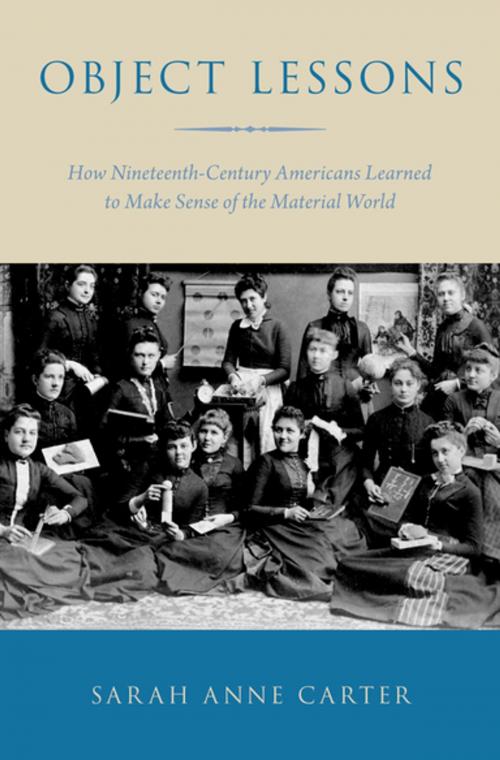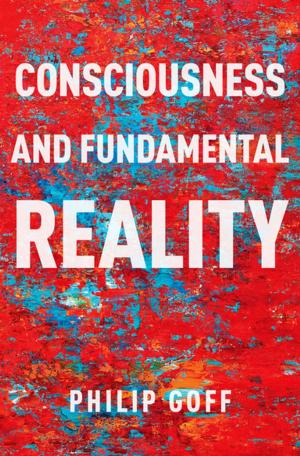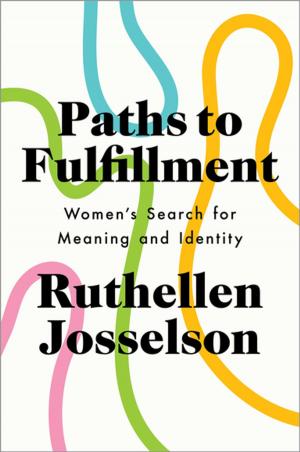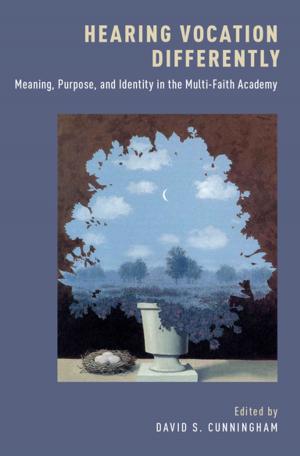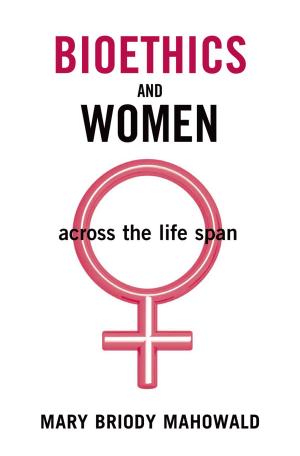Object Lessons
How Nineteenth-Century Americans Learned to Make Sense of the Material World
Nonfiction, History, Americas, United States, 19th Century| Author: | Sarah Anne Carter | ISBN: | 9780190225056 |
| Publisher: | Oxford University Press | Publication: | July 12, 2018 |
| Imprint: | Oxford University Press | Language: | English |
| Author: | Sarah Anne Carter |
| ISBN: | 9780190225056 |
| Publisher: | Oxford University Press |
| Publication: | July 12, 2018 |
| Imprint: | Oxford University Press |
| Language: | English |
Object Lessons: How Nineteenth-Century Americans Learned to Make Sense of the Material World examines the ways material things--objects and pictures--were used to reason about issues of morality, race, citizenship, and capitalism, as well as reality and representation, in the nineteenth-century United States. For modern scholars, an "object lesson" is simply a timeworn metaphor used to describe any sort of reasoning from concrete to abstract. But in the 1860s, object lessons were classroom exercises popular across the country. Object lessons helped children to learn about the world through their senses--touching and seeing rather than memorizing and repeating--leading to new modes of classifying and comprehending material evidence drawn from the close study of objects, pictures, and even people. In this book, Sarah Carter argues that object lessons taught Americans how to find and comprehend the information in things--from a type-metal fragment to a whalebone sample. Featuring over fifty images and a full-color insert, this book offers the object lesson as a new tool for contemporary scholars to interpret the meanings of nineteenth-century material, cultural, and intellectual life.
Object Lessons: How Nineteenth-Century Americans Learned to Make Sense of the Material World examines the ways material things--objects and pictures--were used to reason about issues of morality, race, citizenship, and capitalism, as well as reality and representation, in the nineteenth-century United States. For modern scholars, an "object lesson" is simply a timeworn metaphor used to describe any sort of reasoning from concrete to abstract. But in the 1860s, object lessons were classroom exercises popular across the country. Object lessons helped children to learn about the world through their senses--touching and seeing rather than memorizing and repeating--leading to new modes of classifying and comprehending material evidence drawn from the close study of objects, pictures, and even people. In this book, Sarah Carter argues that object lessons taught Americans how to find and comprehend the information in things--from a type-metal fragment to a whalebone sample. Featuring over fifty images and a full-color insert, this book offers the object lesson as a new tool for contemporary scholars to interpret the meanings of nineteenth-century material, cultural, and intellectual life.
